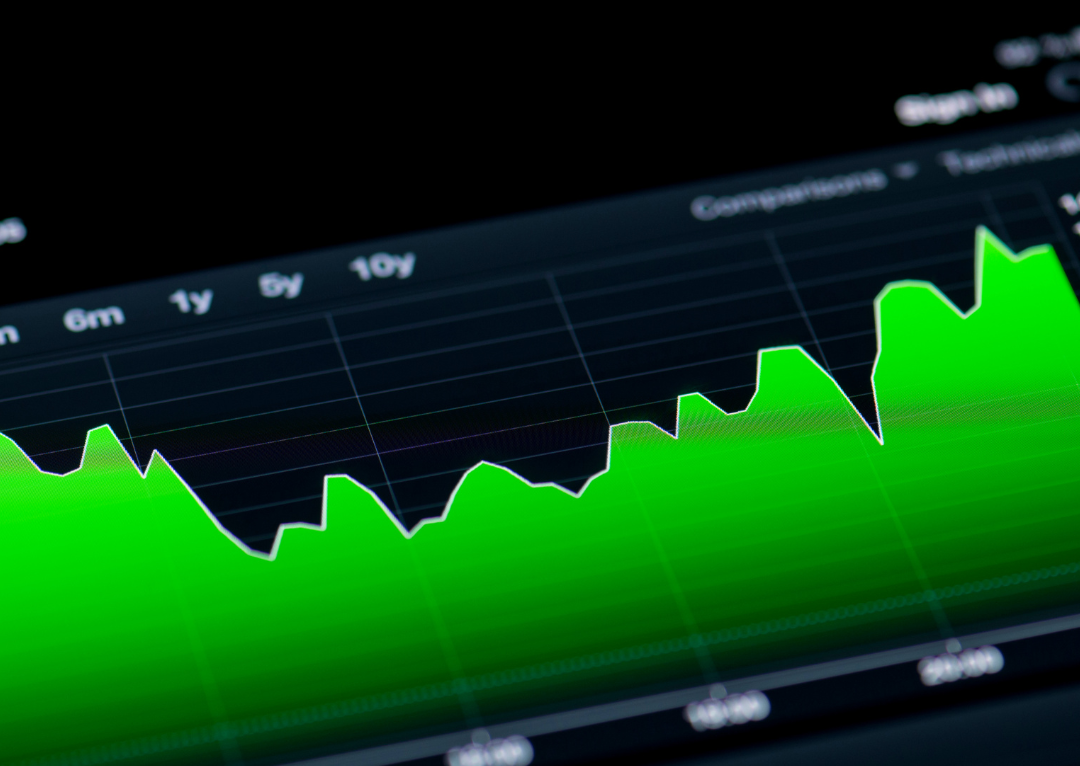Harmonizing Savings and Investments: A Guide to Cash Management and Brokerage Accounts

Managing one's personal finances efficiently is crucial to achieving financial security and long-term prosperity. Given the myriad financial vehicles available, one must navigate the various tools at their disposal, two of which are cash management accounts and brokerage accounts. Though they may appear similar at first glance, each serves a distinct purpose and offers different advantages to the savvy investor or money manager. This comprehensive guide will delve into what sets cash management and brokerage accounts apart, how they can both be beneficial in your financial strategy, and ways they can be intertwined to maximize your financial potential.
Understanding Cash Management Accounts
Cash management accounts (CMAs) are an innovative financial tool that blurs the line between checking and savings accounts. They are often offered by online financial service firms, robo-advisors, and even traditional banks. The main appeal of cash management accounts is that they frequently offer interest rates that surpass those of standard savings accounts, making them an attractive option for holding cash that you might need at short notice.
Benefits of Cash Management Accounts
Higher Interest Rates
CMAs generally offer more favorable interest rates compared to traditional savings accounts, which means your idle cash can generate higher returns while it's not being invested elsewhere.
Accessibility
Just like with a checking account, you get a debit card and can write checks or engage in online banking, which offers greater convenience for day-to-day spending and bill payments.
Minimal Fees
Many CMAs have lower fees compared to traditional bank accounts, with some even boasting no account fees at all.
FDIC Insurance
Cash management accounts are typically insured by the FDIC up to $250,000, which gives account holders peace of mind that their cash is protected.
Those looking for greater stability in their investments will be relieved to learn that, since CMA funds are held in cash or cash equivalents, they are not exposed to market fluctuations like investments.
Brokerage Accounts: The Investment Vehicles
Whereas cash management accounts are tailored for efficient handling of cash, brokerage accounts are the linchpin for investment activity. Whether you choose an online brokerage platform or opt for a full-service firm, these accounts are the gateway to a world of investment opportunities—from stocks and bonds to mutual funds and ETFs.
Benefits of Brokerage Accounts
Investment Flexibility
Brokerage accounts empower you with the ability to invest in a wide array of securities, offering the flexibility to diversify your portfolio according to your investment strategy.
Capital Gains and Dividends
They are the engines for growing wealth through capital appreciation—selling investments for a profit—and earnings from dividends.
Range of Options
You can choose a self-directed account for hands-on management of your investments or a managed account if you prefer expert guidance, or even a hybrid management option that combines the benefits of a robo-advisor with the expertise of a human advisor.
Availability of Leverage
Some brokerage accounts provide the option to trade on margin or leverage, which can amplify both the potential gains and risks involved in investing.
Comparing Cash Management and Brokerage Accounts
The main distinction between the two lies in their focus and functionalities. CMAs are built for ease of access to funds and are ideal for managing daily expenses and safeguarding short-term savings. In contrast, brokerage accounts are specifically designed for investing in the longer term. While the former offers stability and convenience, the latter facilitates the active management of investments to help you reach your financial targets.
Synergizing Cash Management and Brokerage Accounts
Integrating cash management and brokerage accounts can lead to a more holistic approach to personal finance management. Here's how you can leverage both to optimize your financial planning:
Allocate Functions
Reserve your cash management account for immediate spending needs and emergency funds due to its liquidity while using a brokerage account to plan for your future goals with investments.
Seamless Transfer of Funds
Move money from your CMA to your brokerage account when you're ready to invest or when the market presents attractive opportunities.
Interest-Bearing Holding Area
Use the higher interest rates of CMAs to grow your short-term savings or 'dry powder' until suitable investments come your way.
Emergency Preparedness
Ensure that your emergency savings are instantly accessible in a CMA, which provides the necessary liquidity in case of unexpected events.
In conclusion, both cash management and brokerage accounts offer unique advantages and cater to different facets of your financial life. Understanding the unique features and benefits of each allows for informed decision-making about cash handling and investment strategies. Employing both types of accounts in tandem can lead to a more versatile and robust financial plan. By managing current expenses and short-term savings via a CMA, while focusing on long-term investments with a brokerage account, you create a dynamic financial ecosystem that supports both immediate needs and future ambitions.
Supercharge your trading strategy with alphaAI.
Discover the power of AI-driven trading algorithms and take your investments to the next level.

Continue Learning
Dive deeper into the world of investing and artificial intelligence to unlock new opportunities and enhance your financial acumen.

Paul Merriman’s Ultimate Buy & Hold Portfolio: Historical Review and Modern Risk Considerations
.jpg)
How AI Safely Manages Leveraged ETFs for Long-Term Investors



